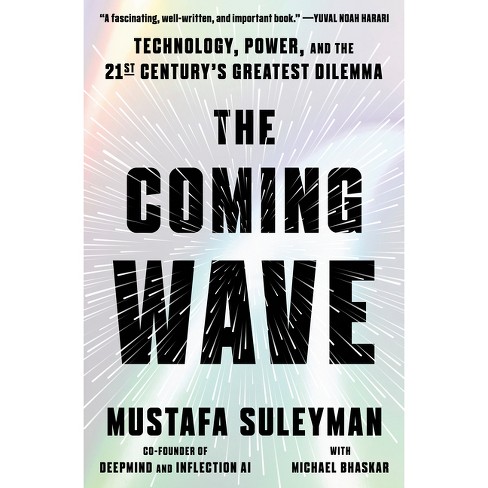
I have been keeping an eye on the excitement that has been circulating over the last few years. Observing many friends utilize the tools that have become more accessible, I began to pay closer attention to various concerns that I believed AI tool developers needed to consider thoughtfully. While searching for a book that would provide me with a solid perspective on the issues that were troubling me, my friend Kesava suggested that I read this book.
This was a fantastic suggestion. In many respects, the various concerns that were troubling me were interconnected and categorized under distinct headings. Some of the topics addressed in the book include the challenge of containment, the significance of incentives, and the difficulties these technologies (the book discusses not only AI but also several other forces with similar traits) present to the concept of a nation-state.
The book ends with some reflections that Suleyman offers regarding the methods of containment and the importance of being proactively engaged in it.
I strongly suggest this book to all entrepreneurs or those looking to become entrepreneurs who aim to create in the AI landscape, where it is essential to take a proactive approach in designing AI systems. The book provides valuable guidance on potential steps that these AI teams might take as they develop technology to tackle the challenges they will ultimately face.